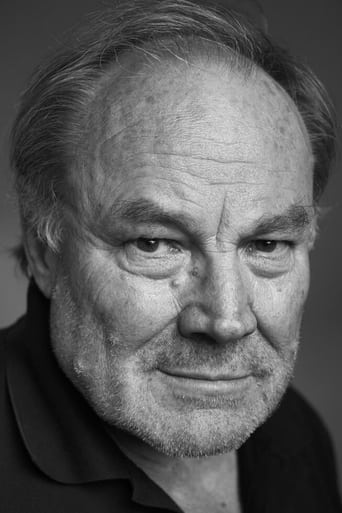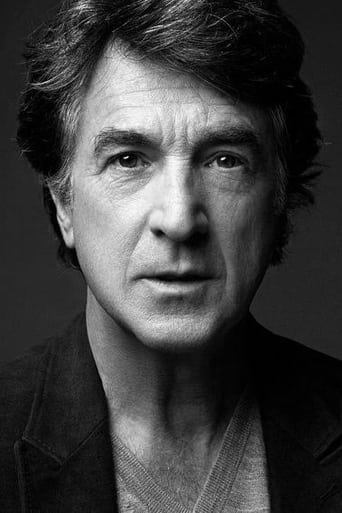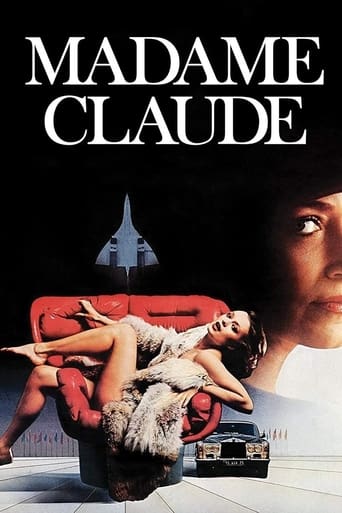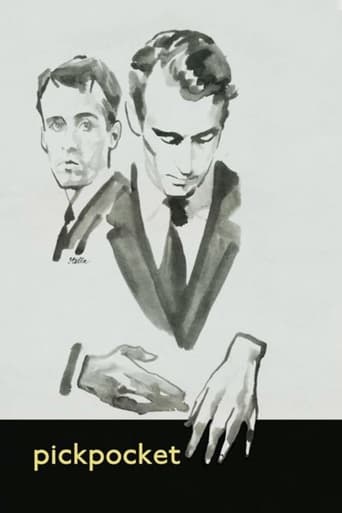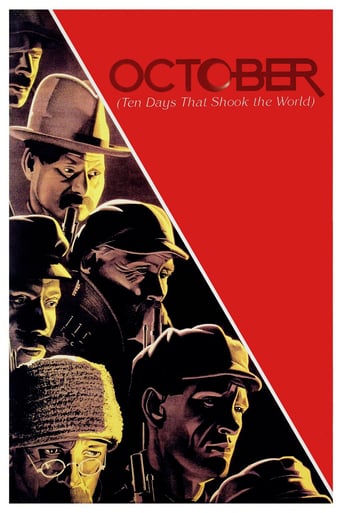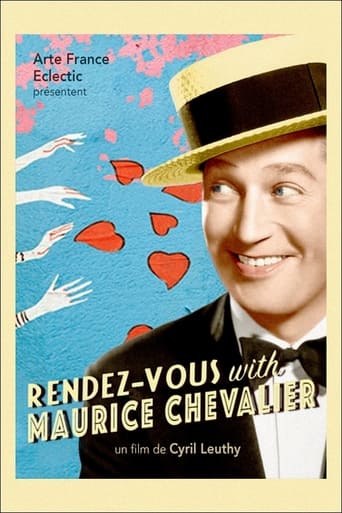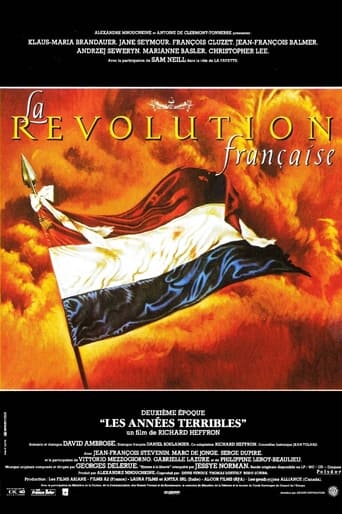
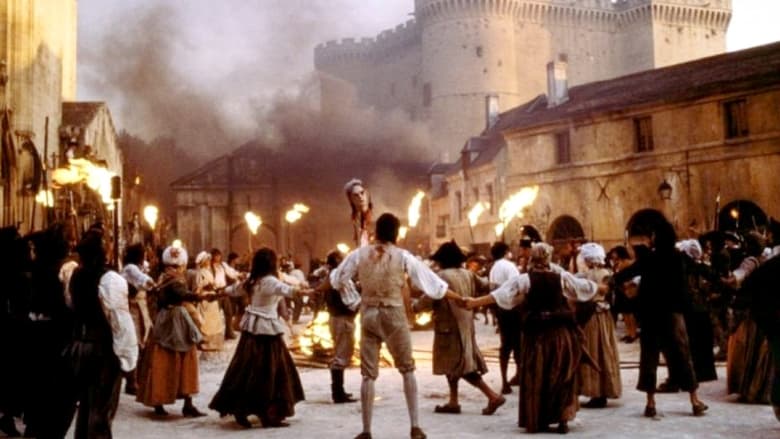
The French Revolution (1989)
A history of the French Revolution from the decision of the king to convene the Etats-Generaux in 1789 in order to deal with France's debt problem. The first part of the movie tells the story from 1789 until August 10, 1792 (when the King Louis XVI lost all his authority and was put in prison). The second part carries the story through the end of the terror in 1794, including the deaths by guillotine of Louis XVI, Marie-Antoinette, Danton, and Desmoulins.
Watch Trailer
Cast
Similar titles
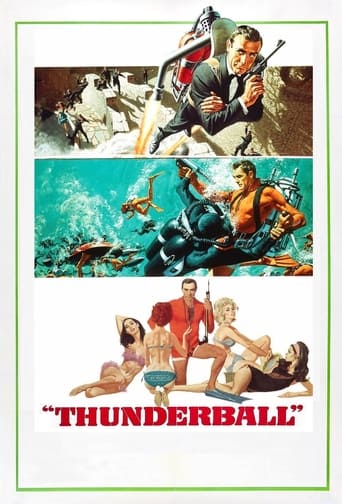

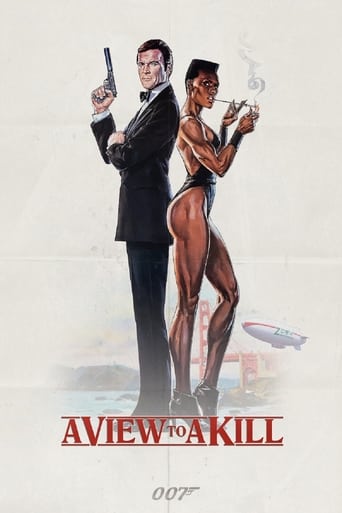
Reviews
It's entirely possible that sending the audience out feeling lousy was intentional
Yo, there's no way for me to review this film without saying, take your *insert ethnicity + "ass" here* to see this film,like now. You have to see it in order to know what you're really messing with.
This is a coming of age storyline that you've seen in one form or another for decades. It takes a truly unique voice to make yet another one worth watching.
The film's masterful storytelling did its job. The message was clear. No need to overdo.
I do have do admit: I was never very interested in the French Revolution when I was in high school, but only became intrigued with the topic in later life, when becoming interested in contemporary politics. If I'd have to recommend a film or series that what make a viewer interested in what happened during the Revolution, it would definitely be "La revolution franchaise".As for the actors: Brandauer does a superb job (as he almost always does), though is perhaps the least believable of the "protagonists", considering Dantons larger-than-life image. This Danton is a schemer, a manipulator but less of a "force of nature" (as Gerald Depardieu would portray him) and more of an opportunistic snake. Francois Cluzet does a fine job as Desmoulins, comes across as almost too blue-eyed, but the scenes are invariably stolen by Andrzej Seweryn as humanist-cum-fascist Robespierre, who plays the character as humanely perceptive as I've ever seen in a film about the topic.Further credit must go to Balmer and Seymour as the doomed royal couple. Especially Balmer as King Louis XVI shows us a very accurate portrayal of a weak, undecided monarch; a yea-sayer, who merely drifts with the tide of time that will eventually sweep him under the guillotine. Sir Christopher Lee, who has a very small part as executioner Henri Sanson (a very interesting and multi-faceted character in his own right), responsible for the beheading of almost all major protagonists. Lee plays the character as a stern, dutiful man who, shown only through nuances and facial expression, has yet retained his humanity, basic compassion, even a disdain for the latter wave of "The Terror" that kept him busy for month at end. Indeed, one would almost have hoped for a "spin-off" which focuses entirely on the "Monsieur de Paris". Another testament to one of the most brilliant actors of our times.The settings, from the grandeur of Versailles to the filth of the Parisian streets are completely convincing, even more so than recent films like, for example, "The Perfume".One of the strongest aspects of the film: despite being filmed for an anniversary of the revolution, it doesn't glorify or portray the events and those involved in a heroic light. Quiet the opposite: the protagonists are all shown to be either naïve (Desmoulins), opportunistic (Danton) or generally, yet very humanly flawed and/or fanatic (Robespierre, Hebert, Saint-Just, et al). The French mob is shown as what it was: simply a mob and it comes as no big surprise that in many places the French word for "people" ("La Peuple") has since become an insult, directed at the unwashed majority, easily lolled by demagogues, carrying only to fill their bellies (be it with bread or, so it would seem, more often with liquor), driven mainly by the disdain for those whom they (often quiet rightly) conceive as something better than themselves.If anything, the film is a reflection of more contemporary, even current politics, be it democracy, where the "Peuble" is generally bought by the highest bidding politician, communism with it's stubborn ideology or fascism, where the loudest demagogue captures the hearts and minds of people (if not to say: poisons them).If I'd have to recommend any film or TV-Series on the French Revolution, this would be the one. Coming in at almost six hours, the four parts never seem long or boring. Quiet the opposite. At the end of the run, one is almost saddened that one has to leave those fascinating times and people (well, granted of course, that 90 percent of them have lost their heads by the time the credits play anyway).A deserved 8 from 10.
This movie gets a 10 from me for the following reasons: 1. We all know 'documentary' style movies can be either historically accurate or entertaining; rarely both. THE FALL OF THE ROMAN EMPIRE (and its half-baked mediocre colossal remake GLADIATOR ) may be entertaining but mix history with nonsense, fiction and clip lots of edges; DIEN BIEN PHU is a rather historically accurate portrait, yet no entrainment to find there. This movie, in spite of its about 6h running time, is both historically accurate and entertaining: good reconstructions, good acting and historical accuracy, no nonsense or other Hollywood hogwash. The most impressive actor is Balmer as Louis XVI: truly a great performance, at times gut-wrenching. Brandauer as Danton (a bit acted like 007 mr.Largo ) is very good and Seweryn is very good as the demented Robespierre. Without taking explicit sides, this movie shows the revolution in all its aspects; very little edge-clipping (a notable one is omitting that Danton was coming back from Belgium when his wife died; Belgium where he carried his usual backstage deals to increase his own wealth ). The September massacres, the murder of pious princesse de Lamballe (only because she used to be the queen's favorite and had returned to assist her queen ) etc show the irrational, violent, gratuitous side of the revolution; the expedite COMITE DE SALUT as handy political tool to get rid of political opponents. Robespierre growing from self-assertive partisan of freedom into a demented tyrant who loved to compile 'lists' of 'conspirators' in the name of 'virtue'. Exceptionally well-rendered the moment in which he feels he lost power, his hallucinating speeches no longer work...he has a fit like the demented lunatic he is and -like the 'conspirators' he had until then accused- wants to raise in arms against the parliament. Saint-Just is another man growing from maximalist into another demented lunatic. Great reconstructions. A movie really worth watching.
I totally HATE history, yet this movie made me actually admire the idea behind learning about history. I got into it so much that I wanted to learn more about other historical events at one point.The funny thing was, we were forced to watch it french class when I was in grade 9 and I was the only one who really paid attention it seems. Not too many people were feeling the story I guess, but again to have the tiniest interest in history is what's needed to get through this one.Yes it's super long but the acting is fantastic. It was filmed quite well, and I gotta say has it's bloody points too! It's got some tame gory parts to it (the guillotine), and when people get gunned down etc etc. Overall a great movie that I think everyone should check out!
I loved this film, both the English and French versions! The detail was astounding, and the film managed to tell this complicated story without dropping any threads. Jean-Francois Balmer is touching as the hapless Louis XVI, a well-meaning but out-of-touch ruler totally out of his depth in the political and social upheaval that was to destroy him. The three main revolutionaries, Desmoulins, Danton and Robespierre are shown as genuine human beings with emotional ties to each other, but who start going their separate paths, at a time when disagreement leads not to estrangement but to death. The film is divided into 2 halves, "The Years of Light", describing the political changes taking place in France as the revolution approaches, and "The Years of Terror", beginning with the arrest of the King and proceeding through the Terror through to the death of Robespierre. The second half is better, with more action and suspense, as familiar characters become swept up in the destruction and insanity of a Revolution going out of control. Andrej Seweryn is superb as the cool tyrant sending his enemies and their families to their bloody deaths, while gently describing his view of the world as one governed by a spirit of goodness and virtue. His sudden fall from power in the National Assembly is spellbinding, and the movie roars to a conclusion as the first of the revolutionaries becomes the last victim of the guillotine. The only jarring performance in this film is that of Peter Ustinov in the first half, who tends to play himself rather than the great moderate, Mirabeau. The rest of the international cast is wonderful.
